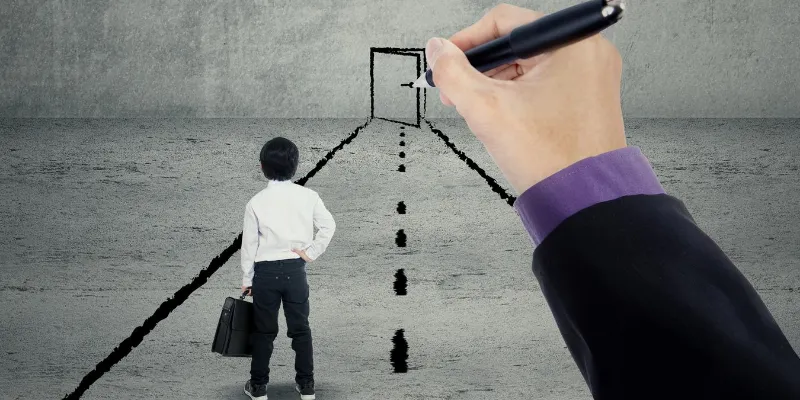Why holistic learning has become more important than ever to build the leaders of tomorrow
With increasing competitiveness and highly volatile global dynamics, there is a need to develop mechanisms that focus on developing the social, emotional and ethical (SEE) aspects among children.

For as long as we can remember, education has been seen as the clutch that prepares an individual to gain success. The underlying belief is – the grander a school or college degree, the better it looks on a résumé. What we may have forgotten or overlooked in this process is the importance of a résumé of values.
While generations up to the early 90s may have seen Moral Science as a part of their curriculum, in today's education system that is either absent or not given the required importance.
In fact, during a talk in 2011 by Richard Weissbourd, a lecturer in education at the Harvard Graduate School of Education and the Kennedy School of Government, on The Overpressurred Student, within the first 15 minutes, a parent intervened saying, 'agreed it's important for kids to be good people, but that will not help their kid to get into Harvard.'
This is a moniker of the conflict both, parents and students, face perennially. This conflict, though, now has dire repercussions. Studies across the world show how academic pressure plays a role in undermining students' mental health.
The need of the hour
In this third decade of the 21st century, the dilemma of balancing scores and well-rounded development has become even more complex with increasing competitiveness and a highly volatile global dynamics plagued with issues like terrorism and severe climate change. There is, hence, an indispensable need to teach mechanisms that focus on developing the social, emotional and ethical (SEE) aspects among children.
Progressive educators have been conscious of this urgency and have made several attempts over the last few years to inculcate elements of holistic learning into school education. However, it has often been met with hurdles in implementation.
Within the SEE aspects, students are taught the importance of adopting and practising values like compassion, empathy, and integrity, among others. These can facilitate a young individual's growth in multiple ways: position them to make informed decisions to achieve better outcomes, inspire them to add value to the community, and guide them to manage the demands of a rapidly changing workplace and society.
About 65 percent of children entering school today will most probably be working in jobs that don't even exist right now. We need to cultivate in them not just critical thinking, creativity, initiative, and adaptability but also empathy, resilience and a system's thinking approach.
This is where SEE Learning proves to be vital as it can prepare students to build an inner awareness so that they engage as part of a broader global community.
On the contrary, the lack of SEE Learning can also be one of the reasons behind students' inability to tackle failures or rejections as they grow up, ultimately disrupting the work-life with antisocial activities or destructive behaviour, driven by guilt or anger. Hence, it is necessary to implement SEE Learning at the very foundation of school education.
Importance of sustained learning
To ensure its effective implementation, the programme aims to reach the messengers – the teachers, directly and to create compassionate classrooms where teachers embody leading from the heart.
SEE will achieve this by equipping educators with the tools they need to foster the development of emotional, social, and ethical intelligence for students and themselves.
Time and again, there has been a pressing need to ensure that the purpose of education is stretched beyond the idea of a degree – one that provides enrichment and teaches real-world values.
If school is where our country's youngest generation spends most of its formative years, it must become the institution where they are taught all concepts that are quintessential for wholesome life.
Additionally, programmes like SEE Learning will teach them the importance of curiosity, socially conscious behaviour, a heads-on attitude towards challenges, ultimately imparting them the power to empower themselves and those around them.
Edited by Kanishk Singh
(Disclaimer: The views and opinions expressed in this article are those of the author and do not necessarily reflect the views of YourStory.)








